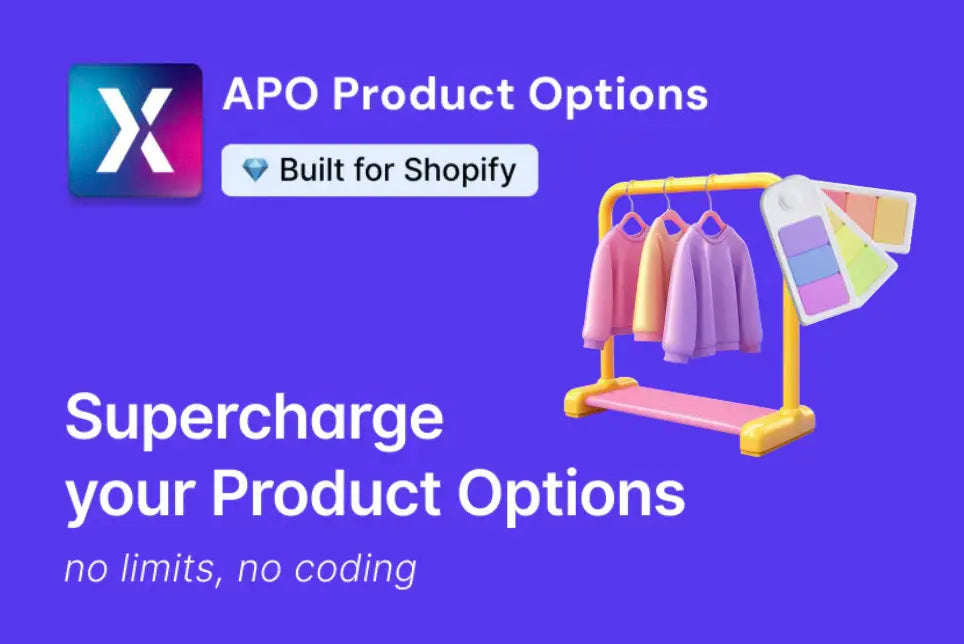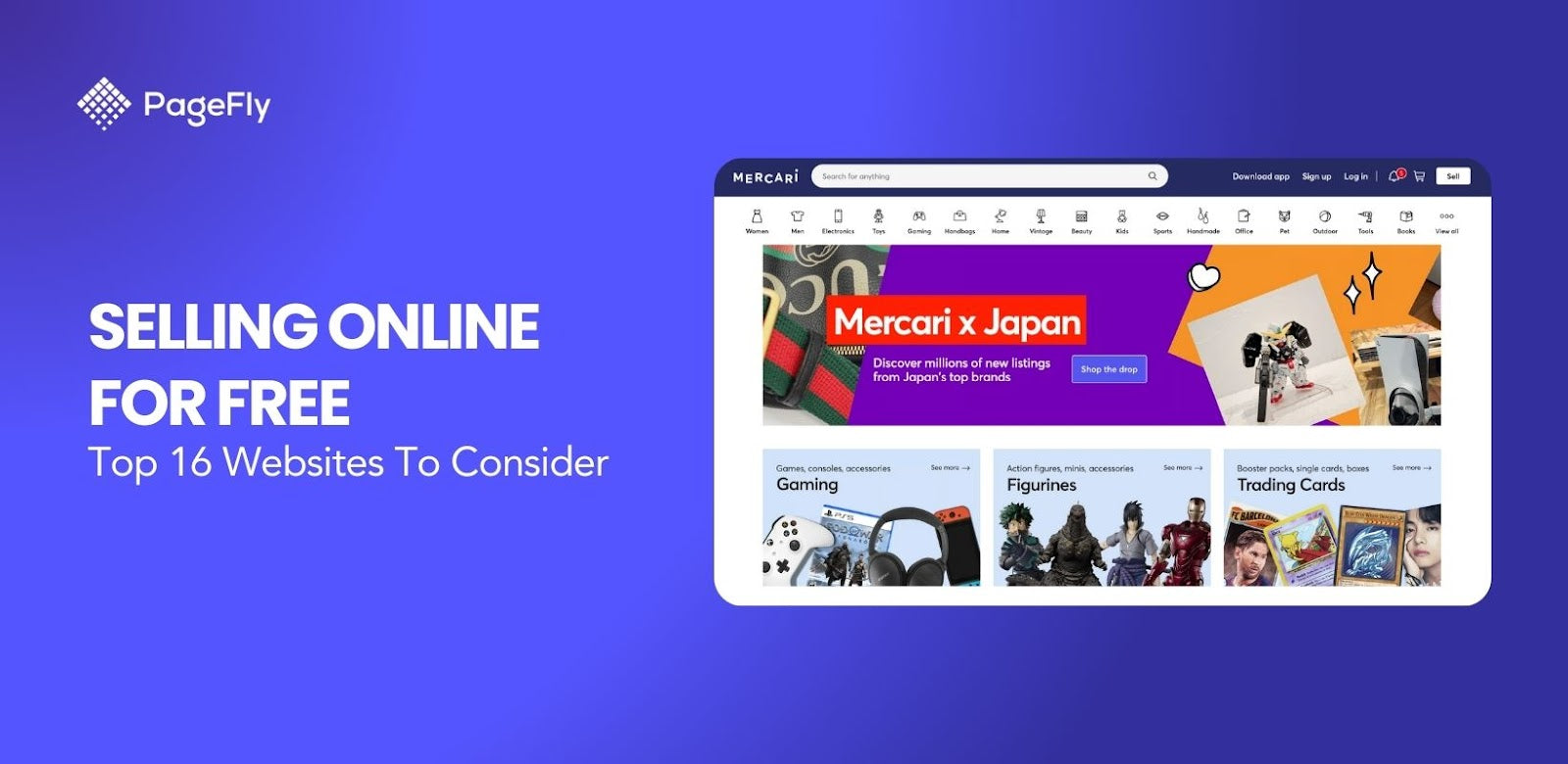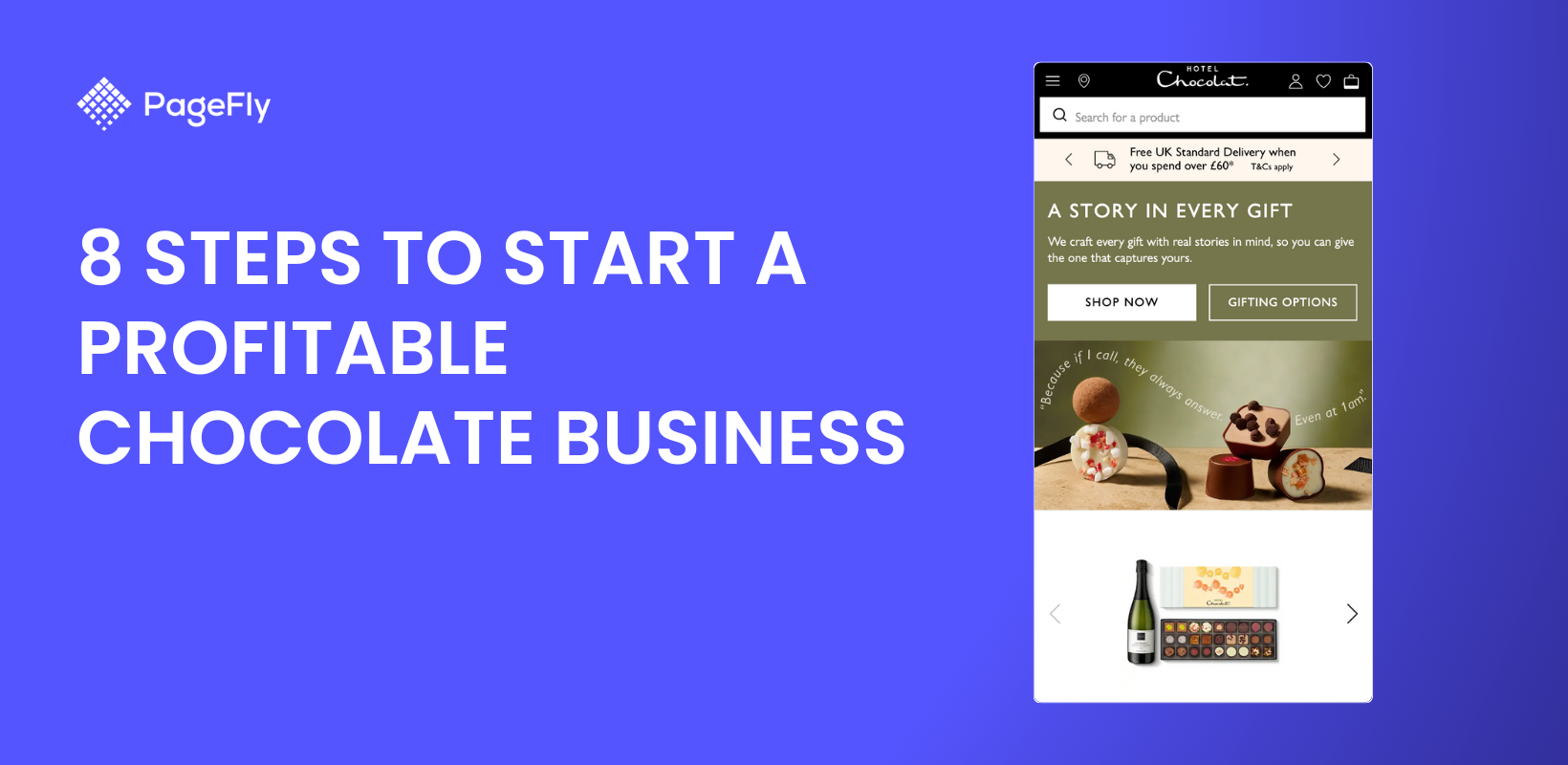When it comes to starting an online business or expanding your digital sales footprint, the right e-commerce software can make or break you. With so many options designed for different types and sizes of businesses, choosing the right one can be nearly impossible. Despite the fact that each e-commerce platform is unique, you will be able to find one that is ideal for your company.
Customers expect quality from e-commerce, and a sloppy-looking online storefront, slow-loading pages, confusing or difficult-to-follow payments, a lack of SSL, and other factors can turn off potential customers and cost your company sales.
Ecommerce platforms are the means by which business owners of all sizes carve out a place for themselves in the new digital landscape. Sellers can ditch the days of restricted sales on Amazon or eBay in favor of an ecommerce site that they have complete control over with a tool like Shopify, Wix, or Squarespace. The only issue?
Selling online has become such a low-cost, efficient, and popular way to make money in the digital world that everyone wants a piece of the action. As a result, dozens of companies claim to have the best ecommerce platform to offer today's small business owners.
Hence, we have compiled the best ecommerce platforms for small business in this article.
>>> Check out the World Best Business Opportunities To Try In 2023
I. The Importance of Choosing An Ecommerce Platform
Choosing an ecommerce platform is similar to selecting a physical address for your brick-and-mortar store. There are numerous factors to consider, ranging from the site's reputation to the level of support you can expect when launching your business.
For some businesses, the ideal platform will be one that allows them to create something truly unique for their ecommerce store. For example, you might want an open source website builder with a user-friendly backend where you can experiment with inventory management, abandoned cart recovery, and various web hosting options.
If, on the other hand, you're new to the world of ecommerce business management, you might want to forego the open source commerce platform in favor of a hosted solution. These user-friendly tools are often less difficult for beginners to use because they include a variety of tools built in, such as free themes, drag-and-drop customization, and support for an unlimited number of products. Here are some key points to consider as you sort through some of the top performers we'll list below.
Read more: Moving Your Brick-n-Mortar Store Online: An Evergreen Guide
II. How To Choose The Best Ecommerce Platform For Your Online Store
No two ecommerce platforms are the same. Some are designed for startups and small businesses, while others are designed specifically for enterprise-level businesses. Some are ideal for running a low-cost online store, while others are prohibitively expensive. Many have bells and whistles that are beneficial to business growth. Here are some things to think about when selecting an ecommerce platform to sell online.
- Your business size
- Fees associated with the platform (some are free but have startup costs)
- Whether you’re a brand new business or established within your niche
- Whether your company will have physical locations in addition to an online store.
- The types of products you sell
- Your target market
- Your budget for sales and marketing
- How much of the technical side that you want to manage
- What is the most important thing to you? Is pricing more important than creative control? Are there any non-negotiable features? Do you require a mobile app to manage your online business while on the go? Do you want complete control over your website?
Make a list of the features your ecommerce platform must have. Make a list of things you'd like to have but aren't necessary. You can then narrow things down as you read through this list of ecommerce solutions.
Before we get into the details of each platform on this list, it's important to understand how we arrived at our rankings. What distinguishes Ecommerce CEO from other ecommerce platforms is that none of them can buy their way to a high rating. We're not just making recommendations in exchange for a cut of the commission from the companies mentioned here.
Ecommerce platform factors:
- Speed and performance
- Ease of use
- Features
- Design and themes
- Integrations
- Overall value
With that out of the way, let’s take a look at the best options for opening your online store as a small business.
III. Best Ecommerce Platforms For Small Businesses
01. Shopify
Best for small businesses seeking a plug-and-play all-in-one package
These days, it's nearly impossible to discuss ecommerce and online sales without mentioning Shopify. The Shopify website has some of the best sales features on the market, with a variety of powerful industry-leading tools and a huge app market brimming with plugins.
If you're serious about selling online, Shopify's dedicated ecommerce platform is undoubtedly one of the best options. Shopify is a SaaS-based software that is specifically designed to assist people who want to build the ultimate online store. It provides many advanced marketing tools when compared to competitors such as Wix and Squarespace, and it also includes a free SSL certificate for security. You'll have access to discount codes, live customer service, and a payment processor that's integrated. You can also synchronize your inventory and orders across multiple sales channels, such as eBay and Amazon. There is also the option to gain access to new sales strategies, such as dropshipping via plugins.
Pricing 💰: 14 day free trial followed by $29 per month for the basic Shopify experience. Advanced Shopify is available for $299 per month.
Integrated sales channels: Facebook, Instagram, Google, Walmart Marketplace, eBay, and Amazon.
Mobile app features: Suite of mobile tools to fully manage your online business.
Pros 👍
- Free trial available to help you get started
- Free themes
- Huge amount of plugins to choose from
- Unlimited products on all plans
- Integrated payment options
- Fantastic for all kinds of business plan
- Several customer support options: callback phone support, email support, support provided in 19 languages, community forum, and support content.
- Shop Pay gives you affordable online transaction fees
- Unlimited bandwidth
- over 6,000 third-party apps
Cons 👎
- Fees can quickly add up
- Blogging platform is very limited

Shopify also provides free email marketing, abandoned cart recovery, search engine optimization (SEO), and other marketing tools. The Shopify mobile app is so powerful that you can manage your business from your phone, using features such as placing orders, product adding, real-time sales and inventory updates, and more.

You can create beautiful online stores with the Shopify ecommerce solution without knowing how to code, design, or do anything technical online.
Read more:
02. WooCommerce
Best for small businesses with an existing WordPress site
WooCommerce is an ecommerce solution that has captured the attention of businesses all over the world. It is not only extremely accessible and simple to use, but it is also built on the WordPress Content Management System. This is the software that powers the vast majority of the internet. Because WooCommerce is built on top of such a well-known content management system, it is simple to obtain assistance and guidance when using it to create your online store.
WooCommerce, like other WordPress blog plugins, can simply connect to your existing WordPress website. The system also includes a number of excellent official extensions that you can use to make running your website easier. You can, for example, select advanced themes for your storefront and experiment with dropshipping tools. WooCommerce is very flexible because it is open source, but this also means that you will need a lot more technical knowledge to get started with it.
WooCommerce has a unique feature in that, unlike many other ecommerce platforms available today, it includes built-in blogging as well as the ability to accept unlimited orders.
Pricing 💰: As an open-source solution, WooCommerce is technically free to use. However, you will need to pay for your own hosting and payment gateways.
- Average monthly fee is up to $30; WooCommerce estimates costs to be $120/year for hosting, $15/year for domain name registration, up to $100/year for your site theme, up to $108/year for shipping, 2.9% plus 30¢ per sale, up to $348/year for marketing and communications, up to $79/year for SEO, up to $65/year for SSL certificate.
- Free trial length: None, but offers a 30-day money-back guarantee.
Integrated sales channels: Google Shopping, Etsy, eBay, Facebook, Amazon, Pinterest, and Walmart; integrations are disjointed.
Mobile app features: Add products, manage orders, and view analytics.
Point-of-sale: Native POS available.
Pros 👍
- Unlimited products and orders
- Add all the extra features that you want
- Affordable, though you need to pay for your own hosting
- Huge selection of themes and customization options
- No limits on how much you can sell
- Built on top of WordPress
Cons 👎
- Requires some technical knowledge
- Needs a third-party payment gateway

WooCommerce is WordPress's solution to selling online. What began as a platform for blogging websites has now evolved into a full-fledged website builder with the option of integrating WooCommerce for online sales.
Because WooCommerce is open source, it's highly customizable, especially if you know how to design and code websites. If you want to expand the functionality of your store, you can choose from over 6,000 third-party integrations, similar to Shopify. As a result, WooCommerce provides a great deal of flexibility.
Here’s an example of an online store built with WordPress and WooCommerce: Surf&Hemp sells a variety of CBD and surf products from its WooCommerce site, using a Google Pay integration.

03. BigCommerce
Best for small businesses that have grown into large corporations or enterprises
BigCommerce may be the right tool for you if you want to build an online store and sell across multiple platforms and channels. BigCommerce is a scalable solution for online selling that is ideal for smaller businesses that are expanding. However, due to the advanced features and functionality of these ecommerce tools, it can be difficult to use.
BigCommerce comes with lots of features to explore. That means that the majority of the functionality you require is already built into your software. You won't have to rely on app platforms as heavily as you did with Shopify. BigCommerce can help your business grow while keeping expenses low, whether you sell on Amazon, Instagram, Square, eBay, Facebook, or Pinterest.
BigCommerce provides a wide range of sales features to choose from; you simply need to ensure that you have the skill or talent in your team to help you take advantage of all of the benefits that this platform has to offer. You can even gain access to some excellent SEO tools that will assist your website in being discovered by Google.
Pricing 💰: The cheapest BigCommerce pricing plans start at $29.95 per month. This is a relatively cost-effective price when you consider the number of features that you get.
- Standard: $29.95/month; Plus: $79.95/month, or $71.95/month when paid annually; Pro: $299.95/month, or $269.96/month when paid annually; Enterprise custom pricing.
- Free trial length: 15 days.
Integrated sales channels: Google Shopping, Facebook, price comparison engines, eBay, Amazon, Walmart, Etsy, and Instagram.
Mobile app features: View analytics, update orders, manage inventory and products, and search for customers; some features are Android-only.
Pros 👍
- In-built visual merchandising tool
- No transaction fees
- Unlimited products, storage, and bandwidth
- Product rating and review options
- Large selection of free applications to choose from
- Excellent for selling across multiple channels.
- 24/7 technical support via phone, email, or chat.
- Affordable payment processing rates
Cons 👎
- Pricing can be a little difficult to understand
- Not as easy as some tools to get set up
- Small selection of free themes available

BigCommerce is a powerful and feature-rich ecommerce platform. As a result, small businesses may find it overwhelming. However, if you have plans for expansion or access to technical resources, BigCommerce may be the best ecommerce platform for you.
The Sharpstone Grinders website is powered by the BigCommerce ecommerce platform. The brand sells both direct to consumers and wholesale. It also has a PayPal integration for additional payment options, such as buy now, pay later.

04. Squarespace
Best for a do-it-yourself ecommerce website
Squarespace is an excellent ecommerce platform for businesses that require a great deal of creative freedom. This cloud-hosted website builder is similar to Wix in appearance, but it includes a few advanced features, such as excellent social media integration.
If you want to create a visually appealing online business or portfolio, SquareSpace is a good option. There are numerous sleek and modern templates to choose from, and you can change your style at any time. Unfortunately, this tool does not provide as many eCommerce features as Shopify does. On the plus side, any annual plan includes SSL security and a free domain. You'll also get a mobile-optimized checkout and no transaction fees on any of your plans.
Pricing 💰: Prices start at $18 per month for business, making it a relatively affordable option. However, there’s no free plan.
- Personal: $16/month, or $12/month when paid annually;
- Business: $26/month, or $18/month when paid annually;
- Basic Commerce: $30/month, or $26/month when paid annually;
- Advanced Commerce: $46/month, or $40/month when paid annually;
- Enterprise pricing also available.
- Free trial length: 14 days, and you can opt for a one-time, seven-day trial extension.
Integrated sales channels: Shopping Feed extension to sell on Amazon, eBay, Etsy, and Google Actions.
Mobile app features: Website editing, shipping label scanning, order management, inventory management, and customer communication.
Pros 👍
- Excellent social media integration
- Plenty of fantastic templates to choose from
- Budget-friendly plans
- Great for those who need 24/76 customer support
- Free domain with annual plans
Cons 👎
- Large transaction fees
- Limited payment options – only Stripe, PayPal or Apple Pay
- No app market

Since it has a simple interface, Squarespace is one of the best ecommerce website builders for small businesses. With Squarespace's templates, drag-and-drop tools, and reliable functionality, you can set up an online store with little technical experience.
Squarespace began as a website builder rather than an ecommerce platform, but it has since added features to accommodate online sellers. Although many Squarespace users sell services rather than products, the platform can also be used for product-based businesses.
Large and powerful scheduling and calendar integrations, email marketing, social media integrations, and embeddable maps to help people find your physical location are among the top features (if you have one).
Apostrophe Puzzles' online store was built with the Squarespace ecommerce platform. As you can see, the design and functionality are simple and clear but effective.
Read more: Shopify Email Review + 17 Best Alternatives for Shopify Email Marketing
05. Wix
Best for visual, image-centric ecommerce site designs
Wix is one of the best options for ecommerce platforms in terms of value for money and performance. Wix is designed to provide exceptional performance, even if you're new to creating your own online store. It also gives you complete creative control over your site. Wix ecommerce plans include a plethora of features, such as a drag and drop store builder, hundreds of templates, and mobile-optimized performance.
You can select from a variety of payment options as well as a secure checkout system. Furthermore, you can use your in-depth store manager tools to create stunning product galleries. Another great feature is the ability to calculate global tax and shipping on your backend. Unfortunately, Wix doesn't have as many shopping features as Shopify, but that's to be expected from a site that isn't solely focused on eCommerce.
Wix may not be the most advanced ecommerce website builder in the world, but it's a great place to start for beginners.
Pricing 💰: Free ad-supported version if you don’t mind displaying Wix ads on your website. However, to sell products, you need the Business Basic plan that costs $23 per month.
- Business Basic: $23/month; Business Unlimited: $27/month; Business VIP: $49/month.
- Free trial length: No free trial.
Integrated sales channels: Facebook and Instagram require third-party app Ecwid.
Mobile app features: The ability to manage your website, though lacks key business tools like inventory management; requires a separate app to use mobile POS.
Pros 👍
- Excellent range of high-quality themes to customize your site
- Multiple secure payment options for your customers
- Large selection of apps and plugins
- Can start out for free
- Plenty of coupon and discount options
Cons 👎
- Limited eCommerce features
- No way to export your data
- Difficult to add extra functions as it isn’t open source

Wix also has an easy-to-use website builder with ecommerce-specific features. Ecommerce features such as order tracking, online payments, multi-channel selling, and abandoned cart campaigns are available in paid plans. A paid plan is also required to access analytics tracking to monitor your ecommerce key performance indicators (KPIs).
There are over 500 templates to choose from when designing your storefront. The drag-and-drop interface makes customizing the look and feel of your online store simple. Wix supports subscription-based billing and third-party dropshipping.
Evolve Clothing Gallery is one ecommerce website example built with Wix. The site features big multimedia visuals, voice search, and live chat.

06. Weebly
Best for simple online storefronts with small product catalogs
Weebly is still a relatively small up-and-coming service for today's small business owners when compared to some of the other ecommerce platforms we've covered so far. It's ideal for creating an online beginner's website. To get started, you don't need a lot of spare time or technical knowledge. Furthermore, Weebly is very cost-effective, with very low starting prices.
However, this platform lacks some of the scalability found in the other ecommerce solutions we've examined so far. You can't sell on multiple ecommerce platforms, such as Etsy and Facebook. Furthermore, customizing various aspects of your website, such as the checkout page, is more difficult than it should be. On the plus side, Weebly includes some fantastic extra features, such as password-protected pages and blogging. Furthermore, Weebly is ideal for businesses that only sell a few products but want to stand out online.
With this site builder, you can browse through a wide range of professional themes. Furthermore, because Weebly's transactions are powered by Square, you know you're getting a reliable payment system.
Pricing 💰: Pricing starts off with a free tier for basic use. You can also upgrade to the Pro version of the Weebly store for $12 per month, with a free domain and $100 of Google ads credit included.
Mobile app features: Drag-and-drop builder, order fulfillment, inventory management, payments, and analytics
Pros 👍
- Very beginner friendly and easy to use
- Lots of responsive themes to choose from
- Wide selection of integrated apps to choose from
- Membership areas and team collaboration
- Very affordable
Cons 👎
- Limited design options – particularly in the checkout page
- Not ideal for international websites

Since Weebly is powered and operated by Square, it is tightly integrated with other Square-owned small business platforms. These include inventory management and a fully integrated and secure online shopping cart.
Weebly's ecommerce platform for small businesses also includes filtered product search, optimized mobile checkout, order management and processing, and flexible shipping options. Weebly is undoubtedly one of the most basic ecommerce platforms in terms of features, but it's simple and approachable, making it ideal for any new business.
One example of a Wix-powered ecommerce site is Companion Bike Seat. The online store sells only a few products, so it’s a perfect candidate for the ecommerce platforms.

07. Square Online
Best for physical retailers expanding into ecommerce selling
Are you looking for a website builder that will allow you to combine your online selling strategy with your offline sales? If this is the case, Square Online, Square's site-building technology, is well worth a look. If you already have a Square POS system, Square will build you a website for free. However, because the store builder is powered by Weebly, you will have the same customization limitations as you did with your Weebly store.
On the plus side, the Square Online system, like Weebly's store building solution, comes with all the ease of use that a beginner trying to launch your shop online could want. You can start building highly professional-looking stores right away. You also get advanced inventory management because everything integrates with your Square point of sale system. When something sells online, your inventory in your backend is updated.
Square's store builder also employs artificial design intelligence. This means you get a more advanced experience without spending a fortune. Adding products and features to your store is simple, and there's nothing to lose with the free plan to get you started.
Pricing 💰: Free to get started with the option to upgrade to a more advanced store experience.
- Professional: $12/month; Performance: $26/month; Premium: $72/month.
Integrated sales channels: Google Shopping, Instagram, and Facebook.
Mobile app features: View live sales data, data analytics, payment processing, mobile POS, money transfers, receipts, discounts, refunds, and inventory tracking.
Pros 👍
- Excellent if you’re already using features of the Square ecosystem
- Easy to use for beginners
- Combines online and offline selling
- Fantastic inventory management tools
- Great for AI design
Cons 👎
- Limitations in customization options, particularly with the checkout
- Limits to your payment processing options

When you create an online storefront with Square, you can choose from a variety of templates designed for retail, restaurants, non-profits, and other industries. Square Online includes payment processing for 0.9 percent plus 30 cents per transaction.
Parlour, a Vermont-based salon, expanded its online presence with Square, adding products for sale on its ecommerce site.

08. Ecwid

Ecwid was created as one the most powerful ecommerce platforms to help businesses sell their products anywhere, at any time. You can create a free online account and keep it for as long as you want without paying anything. Ecwid is ideal for businesses looking for a solution that can be integrated with their existing website, social network, or business page. All of your storefronts will be synced and managed through the same control panel.
One of the most significant advantages of Ecwid is that it is a cloud-based platform. This means that it is hosted for you and does not require installation. You can also use a plugin to add your Ecwid experience to any website, including Drupal, Wix, Joomla, and WordPress. A responsive design that works on any device, automatic language detection, and the ability to add your site to multiple sites, blogs, and social networks at once are among the features. There are no transaction fees or setup fees. Furthermore, you have a variety of options for securely accepting payments.
Pricing 💰: There’s a free forever plan which is excellent for small companies that are just getting started online. Alternatively, you can use the Unlimited plan for just $99 per month for everything you need to sell online.
Pros 👍
- Works with your existing website
- Free plan available and reasonably priced premium plans
- Option to sell on various marketplaces and social sites
- You can create a mobile app for the app store
- Automatic language detection
- Secure payment options available
Cons 👎
- Integrated payment fees are quite high
- Not a standalone solution or eCommerce (you need a website)
- No phone support or live chat on lower plans
- Back-end stats aren’t very comprehensive
IV. How To Get Started With Shopify
You can have your online store up and running within a couple of hours after signing up if you follow the on-screen prompts. The majority of your time will be spent adding products and styling your website. There are numerous free themes available. If you want something a little different, a premium theme can cost up to $300.
- Select a business name.
- Create a Shopify account.
- Choose a theme and customize your store.
- Add products to your store
- Create key pages for your store
- Set up a payment processor
- Launch your Shopify Store
You'll need to hire a Shopify developer if you want the freedom and flexibility to customize some of your site's details that aren't included in the main dashboard. Unfortunately, the ecommerce platform makes it difficult to access their code for changes and customizations.
Conclusion
When it comes to determining the best ecommerce platform, there is no universal answer. Many business decisions are specific to your organization and its goals. Whether it's a matter of budget or features, or something entirely different, there's an ecommerce platform out there for every business.
At the end of the day, it's all about finding a platform that's simple to use and eager to grow with you. Don't be afraid to try a few before making a decision. Free trials, such as Shopify's 14-day risk-free trial, can provide an early indication of whether a platform will work for you.









![14 Profitable Small Food Business Ideas for 2025 [Real Numbers]](http://pagefly.io/cdn/shop/articles/1_58b587d2-13db-4aa6-8c19-e40f5c88d3eb.jpg?v=1758255771&width=4460)
![Art Business Names: 350+ Ideas + Free Generator [2025 Updated]](http://pagefly.io/cdn/shop/articles/art_business_name_e94a54e9-d325-4ba3-94ab-7b4297952312.png?v=1760062968&width=1640)







